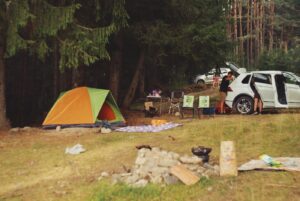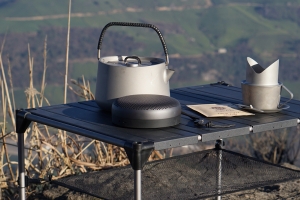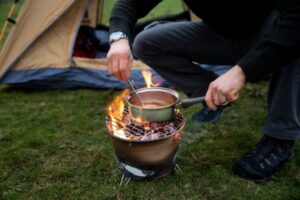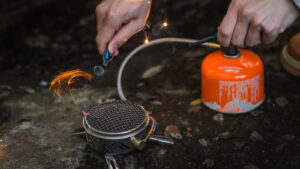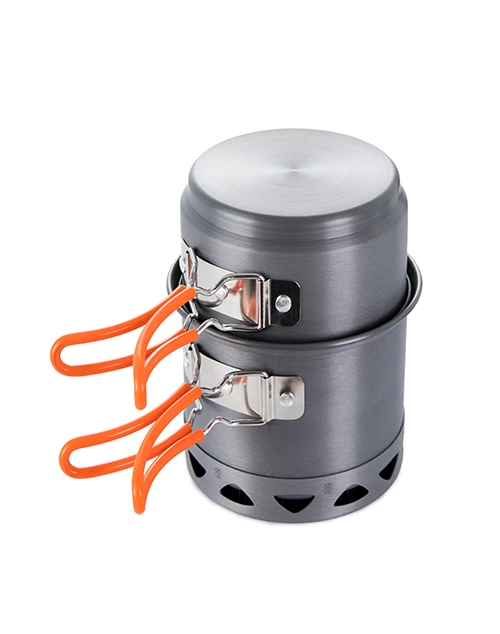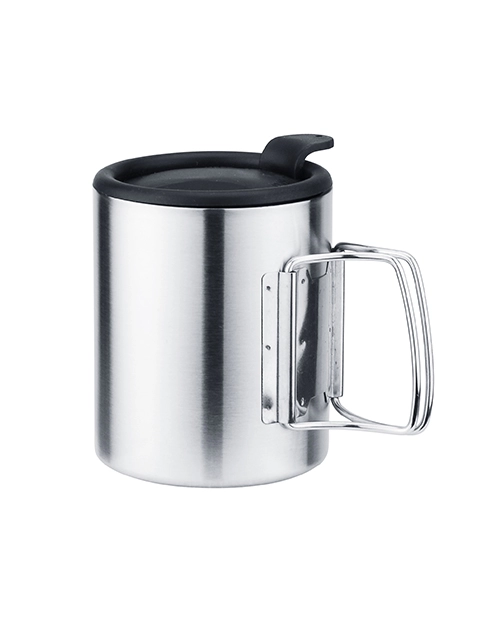
Families may spend quality time together, experience nature up close, and still enjoy amenities like running water, toilets, and sometimes even showers when they go car camping. There are many different types of campgrounds, from basic sites to ones with electric and water connections.
You may locate a website that meets the demands of your family with a little investigation. Here are some ideas and pointers to assist you in organizing your upcoming family vacation.
10 Tips to Get Started With Car Camping
Family time can be greatly enhanced by going camping. Your child will gain confidence and freedom as they try new things. It’s also fun! Here are my top camping with kids tips:
1. Make a Strategic Campsite Selection
There’s a playground in almost every campground. Pick a location that is as close as feasible to the play area. While you prepare meals, set up your tent, or just unwind, your children can play and make new friends. In addition to offering hours of enjoyment, a play area gives children who stray off a physical limit.
2. Start Small
If this is your first time camping, go small. Pick a campsite or state park as close to your home as you can; an hour’s drive will suffice. Set up a reservation for one or two nights. You may make things easy by car camping, which involves pulling up to your campground. This does not have to be a Survivor: Family Camping episode.
3. Make a List of Your Gear
When you take your kids on a road trip, you need a lot of stuff. It’s five times worse to go camping because you have to bring all of your own food, figure out how to wash your dishes, make sure your kids sleep well at night, and keep them busy the whole time. You can use a smart mobile app to keep track of everything. You may start by adding things to the list weeks ahead of time. Then, you can also make several lists with names like “food,” “kids’ clothes,” and “cooking gear” so that the main list doesn’t get too big.
4. Meet The Park Rangers At The Visitor Center
There are several materials available at visitor centers. A schedule of family-friendly events, maps of the trails, and local information are all available. The majority of state parks distribute publications with suggestions for Junior Ranger activities and events. The park rangers and camp hosts are amiable individuals who are willing to assist and provide advice.
5. Camp in a Three-Hour Sphere
This relates to the issue of parents and children never leaving the house on time. When you arrive, your family members will be worn out and irritable since you are running late and have five hours to drive. There’s also a chance you’ll have to camp in the dark. This is something I’ve done far too often, and it always gets the camping vacation off to a bad start. When the camping trip is over and your family just wants to take a shower and watch Netflix, it’s also convenient to have a short commute home.
6. Keep a Toy Box for Camp
Store some toys in a tub or bag the next time you go to donate or give any away. These are “camping toys” for you. For a camping trip, open-ended objects like balls, digging tools, or other are ideal. Their attention will be maintained by the novelty of “new” toys, and you won’t have to worry about a priceless item becoming misplaced or soiled.
7. Bring a Bike or Scooter
Your tent might be a short stroll from restrooms. With a bike or scooter, make it enjoyable. Campgrounds are excellent places to discover paved trails or put new abilities into practice. Kids who are older will enjoy creating a circuit around the camping area. Even though they perceive it as a grand adventure, you may still monitor them.
8. Keep Meals Simple
Concerned about young children near the bonfire? Do you really want to haul all of your kitchenware to the campsite? Simply put, avoid cooking. It’s all right. Enjoying a sumptuous dinner under the trees is known as a lunchable. Cheese and crackers, peanut butter sandwiches, and turkey roll-ups are great for any meal. You shouldn’t force yourself to cook if you don’t feel like it.
9. Stay Organized
If the kids lose a pair of socks or the dishes pile up at home, that’s fine at home but not for camp. To avoid being irritated and angry the whole time, you need to keep your gear and your space in order. Once dinner is over, do the cleaning. Before going to bed, teach your kids to put their socks in their shoes and then put those shoes in the tent’s opening. Being in charge might make you feel good, but getting your stuff in order gives you more time to do fun things like fish, hike, and ride bikes.
10. Clean up Afterward
Use a washing line to let mattresses and sleeping bags air out when you arrive home. If your tent became dirty, wash it with a garden hose and stretch it out on a lawn or over a deck railing to dry completely.
Campers aren’t born that way; they’re made that way. Begin with small activities and work your way up to bigger ones. It’s okay to use the plastic, stay in a house, or leave early in the rain. There isn’t a proper method to camp.
Many families like going back to the same site every year because it’s comfortable. Some families pick the same weekend every year to go camping. Once you know what’s best for your family, don’t forget to be creative. Each trip should be something unique that the whole family can enjoy.
ODM service
Looking for reliable wholesale outdoor equipment? At Deermaple, we specialize in ODM service, offering high-quality, innovative outdoor gear tailored to your needs.
If you are interested in outdoor gear wholesale, please contact us.

